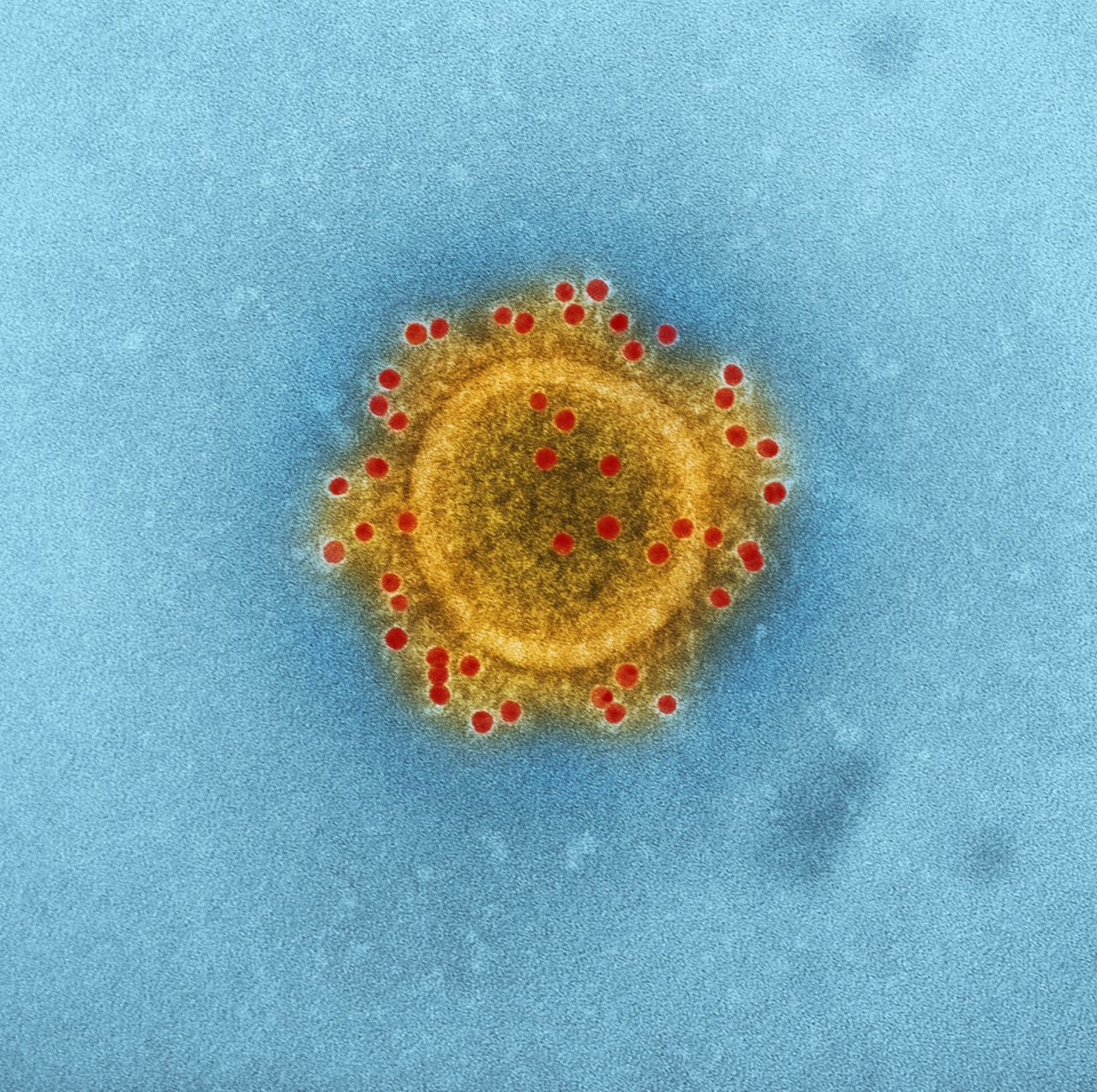Have you ever wondered about the nutritional composition of bananas? These humble yet widely consumed fruits are packed with essential nutrients and offer numerous health benefits.
In this article, we will delve into the microscopic analysis of bananas to explore their nutritional breakdown in detail.
1. Carbohydrates
Bananas are primarily composed of carbohydrates, which make up around 93% of their total calorie content. The specific type of carbohydrate present in bananas is known as starch.
However, as the fruit ripens, the starch is gradually converted into sugars, including glucose, fructose, and sucrose. This transformation imparts a sweet taste to ripe bananas, making them a popular snack among people of all ages.
2. Fiber
Bananas are also an excellent source of dietary fiber. The two main types of fiber present in bananas are soluble fiber and insoluble fiber.
Soluble fiber can be easily broken down and fermented by the beneficial bacteria in our gut, contributing to better digestive health. On the other hand, insoluble fiber adds bulk to the stool, aiding regular bowel movements and preventing constipation.
3. Vitamins
When it comes to vitamins, bananas boast an impressive profile. They are particularly rich in vitamin C, which acts as a powerful antioxidant, boosts the immune system, and promotes collagen synthesis.
Bananas also contain significant amounts of vitamin B6, which helps in the production of red blood cells, metabolism of protein and carbohydrates, and normal brain development in infants. Additionally, they provide small amounts of other B-complex vitamins, such as thiamine, riboflavin, niacin, and folate.
4. Minerals
Bananas are a great source of several essential minerals necessary for various bodily functions. Potassium is the most abundant mineral in bananas and plays a vital role in maintaining proper heart rhythm, muscle function, and fluid balance.
Other minerals found in significant quantities in bananas include magnesium, manganese, and copper. These minerals contribute to bone health, energy production, antioxidant defense, and enzyme activity.
5. Protein
While bananas are not particularly high in protein compared to other foods, they still provide a small amount of this essential macronutrient.
Bananas contain approximately 1% protein, which is important for building and repairing tissues, producing enzymes, and supporting immune function.
6. Fat
Bananas are virtually fat-free, making them a healthy choice for those looking to reduce fat intake. The minimal fat content in bananas makes them easily digestible and suitable for people with digestive disorders or those on a low-fat diet.
7. Antioxidants
Bananas contain various antioxidants, including dopamine and vitamin C, which help neutralize harmful free radicals in the body.
These antioxidants contribute to reducing oxidative stress, inflammation, and the risk of chronic diseases, such as heart disease, diabetes, and certain types of cancer.
8. Glycemic Index
The glycemic index (GI) of a food indicates how quickly it raises blood sugar levels. Bananas have a relatively low GI, primarily due to their fiber, resistant starch, and fructose content.
This means that bananas cause a gradual increase in blood sugar levels, providing sustained energy and preventing sudden spikes and crashes commonly associated with high-glycemic foods.
9. Calorie Content
Bananas are a low-calorie fruit, making them suitable for various dietary plans and weight management goals.
On average, a medium-sized banana contains about 105 calories, which provide a combination of carbohydrates, vitamins, minerals, and fiber to fuel the body.
10. Health Benefits
The nutritional composition of bananas and their various micronutrients contribute to several health benefits:.
- Promote heart health and regulate blood pressure due to their potassium content
- Support digestive health and prevent constipation with their fiber content
- Enhance exercise performance and prevent muscle cramps due to their potassium and magnesium combination
- Boost immunity and protect against infections through their vitamin C content
- Aid in weight management and provide a feeling of fullness due to their high fiber content
These are just a few examples of the many health benefits associated with the regular consumption of bananas.




























